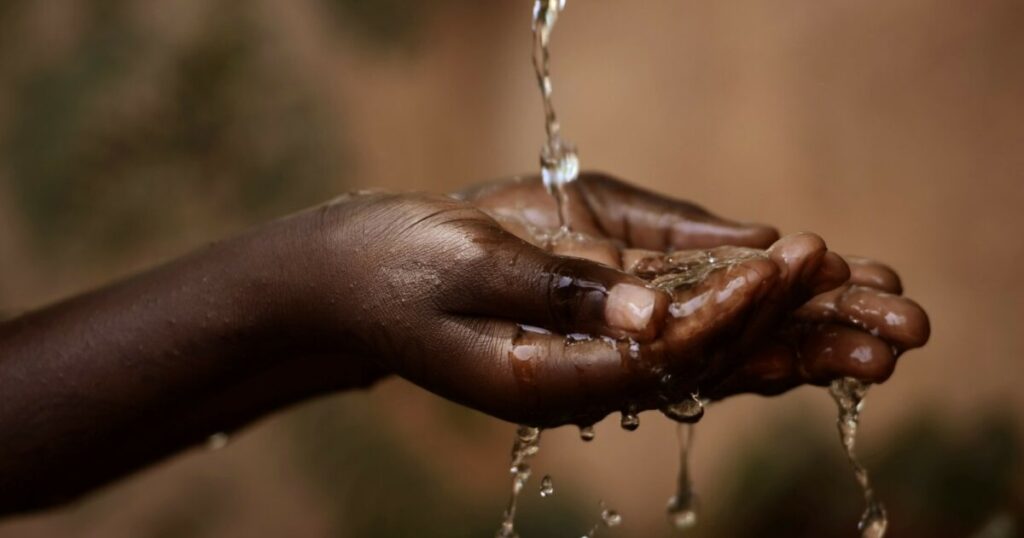
Clean water is an irreplaceable resource that sustains life on our planet. Although we often associate water with rivers, lakes, and streams, there’s a critical element that precedes these bodies of water – catchment areas. These areas, rich in benefits for the ecosystem, provide essential support to agriculture, recreation, and water sports. Note that a healthy catchment area plays a pivotal role in the water treatment cycle, ensuring low production costs and improved water quality.
Governments and utility companies around the world are recognizing the significance of preserving catchment areas, implementing programs that aim to restore and protect these vital ecological zones. One such project in Uganda, the Mpologoma Catchment Restoration Project, stands as a beacon of hope in the face of climate change, promising improved access to clean water and a brighter future for communities.
The coexistence of local ecosystems and catchment areas is crucial for the thriving balance of plants, animals, fish, and insects. When a catchment area is in good health, its positive effects ripple through the entire ecosystem, promoting biodiversity and contributing to the overall well-being of our environment.
Amidst the challenges posed by climate change, the urgency to safeguard catchment areas has become paramount. These regions play an indispensable role in the water treatment process, where water undergoes essential purification before it is distributed to the masses. By preserving catchment areas, authorities and utility companies can significantly reduce production costs and enhance the efficiency of the water treatment process. The result is access to relatively fresh, clean water that benefits not only the environment but also the economy and society as a whole.
Uganda, recognizing the importance of its wetlands and catchment areas, has taken proactive steps to restore and protect these invaluable resources. The Mpologoma Catchment Restoration Project, spearheaded by Eco Trust, is a commendable initiative aimed at achieving enhanced resilience for communities and ecosystems in selected districts. The project’s vision revolves around restoring wetlands and catchments, implementing sustainable land management practices, reforestation efforts, and introducing climate-resilient agricultural practices. By providing alternative livelihoods for communities living in these areas, the project alleviates the pressures on wetlands and ensures their long-term preservation.
Focusing on the five districts of Butaleja, Budaka, Kibuku, Namutumba, and Kaliro, the Mpologoma Catchment Restoration Project has become a beacon of hope in the region. As the world faces the consequences of climate change, this project’s dedication to protecting and restoring vital catchment areas will undoubtedly have far-reaching positive effects.
By securing the health of catchment areas, Uganda stands to gain significant benefits in the form of improved water quality and accessibility. As these vital resources are preserved and nurtured, utility companies like NWSC will have access to cleaner water, reducing production costs and making infrastructure development more cost-effective in the long run. Ultimately, this translates to improved access to water for families and communities, creating a positive ripple effect on their overall quality of life.
The bottom line is; the importance of catchment areas cannot be overstated in our quest for a sustainable future. Embracing a collective responsibility to protect and restore catchment areas will undoubtedly ensure that nature’s best resource, clean water, continues to keep us going for many years ahead.


